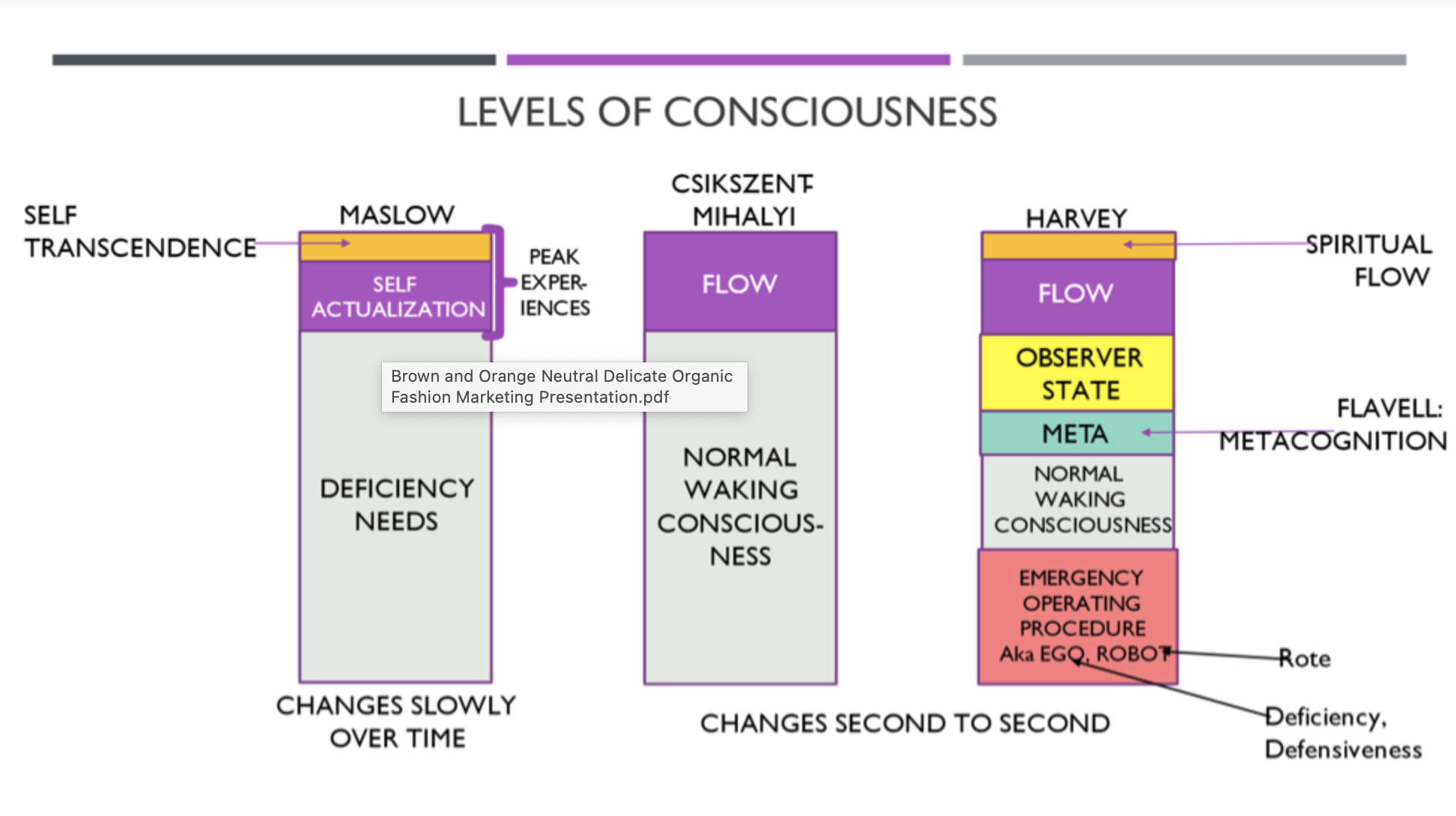Created March 10, 2023
Welcome to this week’s Bill Harvey Blog.
My beloved literary agent Bob Silverstein before he passed away, passionately advised me to write a sequel to Mind Magic. “You can help more people by translating your poetic language into simple natural language, and explaining things in more detail,” he explained. He then named the book Powerful Mind – “Something everybody wants” he said – and “reduce it to 12 Key principles.”
Thus, the nascent book Powerful Mind was born. I say “nascent” because after he ascended, I set the completed chapters aside to start on the Agents of Cosmic Intelligence series, which I’d been wanting to write for a long time. Now it’s time for me to complete Powerful Mind, and while I do that, I’d like to share with you the already-completed chapters in this blog, which we’ll be doing over the next month or so. That way you can give me feedback that will benefit the book, so we’ll sort of be writing it together. Thanks for your help!
Introduction
The techniques of mind in this book were discovered over a thirty-year period by an ordinary person living an ordinary life. Well, there were some unusual aspects: he started performing onstage at the age of five, and sometimes experienced being in the Zone (also known as Flow state), leading him to a lifetime fascination with the mind, about which he read all his life. From early on he attempted to isolate the factors which led him to experience the Flow state, and created techniques of mind to control these factors, and increase the time he spent in Flow.
That person became a behavioral/ psychological researcher in the marketing world. He worked with surveys, brain waves, depth interviews, eye tracking, and many other forms of research. This research experience led him to package the techniques of mind in “book” form to use as a test stimulus, to see if the techniques would work on other people.
Unexpectedly, 35,000 people bought the book Mind Magic, which became known as an underground classic. Thousands of readers sent in unsolicited testimonials, many saying it was the most life-changing book they had ever read.
But the book was not complete. The techniques were not fully explained. And still they were effective. People wrote in that the techniques had brought them “incredible clarity” leading to knowing their true goals, effectively and creatively planning how to reach them, and how to carry out their plans with strength and courage they did not know they had. And achieving life satisfaction to a degree they did not know possible.
This then is the completed book, finally put together to benefit everybody. Here the techniques will be explained simply and thoroughly.
You will find yourself able to see where you have been going and where you now will be going, to realize your full potential. You will be confident, resolute, and patient, as if having more will power, yet some of this will simply be greater clarity on what will work in your life, and making better decisions about how you use your time and your emotional energies.
Instead of being daunted by problems, you will enjoy them as creative challenges, and will rise to every occasion, secure and integrated inside. You will think for yourself, and not be as easily swayed by other people’s opinions.
You will experience higher, more effective and creative states of consciousness. You will find yourself more observant. You will shift into and out of Flow state — being in the Zone as athletes call it — where your work or your fixing of relationships or anything important you need to do will be done with grace and beauty.
The World Needs This Now
The world is spinning out of control, for reasons we shall explore. The world’s economies are now tied tightly together and forecasts suggest that the future “adjustments” will probably continue to get larger until something changes dramatically.
People are for the most part unhappy too much of the time, as shown by surveys, divorce rates, and other indicators. And it is getting worse instead of getting better. It has been a long time since anything justified our high hopes.
And yet all this unhappiness is all in the mind. Only a small fraction of the world’s population is in actual physical danger today, and yet we all find something to be worried about.
What if there were a way to reliably increase the power of our minds? Not just pep talks or voodoo, but logical and proven steps we could take. Then, if enough of us find out about these methods and use them, happiness will spread, because the mind can choose to be happy, and can become more effective at solving the real problems, so that it won’t just be false happiness.
If we do this as individuals, we are making changes in the world on a person by person basis — starting with the one person we actually have some control over.
If the techniques work — as thousands of readers have told us they do — then eventually the world’s leaders will be using them, and this will make the biggest change of all.
Love to all,
Bill


